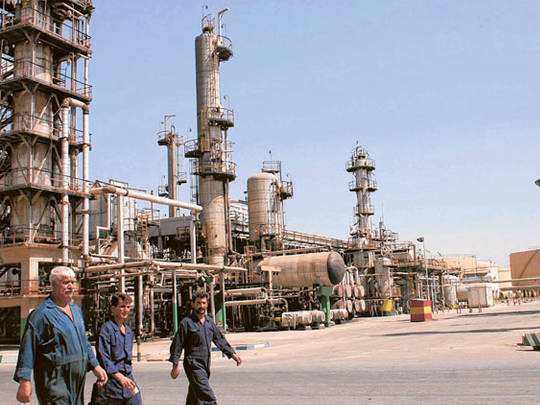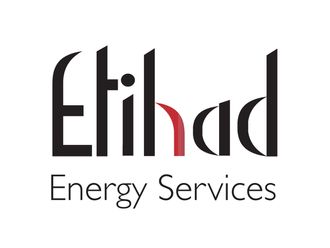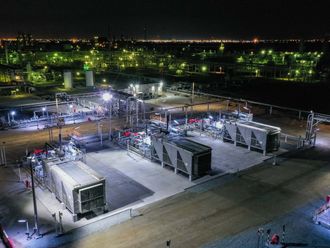
Tehran: Iran is exporting oil to India despite receiving no payment for months, to protect its market share from price-cutting competitors such as Saudi Arabia, its Opec governor Mohammad Ali Khatibi said yesterday.
India owes Iran billions of dollars for oil imported in the months since India banks blocked transfers of money to the Islamic Republic under pressure from Washington, which suspects Iran of trying to make nuclear weapons.
Indian buyers have been paying the billions they owe into a joint bank account that Iran cannot access since the Reserve Bank of India ended a regional clearing mechanism in December 2010, but Iran will keep sending crude anyway so rival suppliers do not take more of Asia's third biggest consumer.
"Customers are paying into this joint account but the account is controlled by the Indian government so the funds can't be transferred," Khatibi said.
Khatibi said Iran hoped to eventually get paid from the joint account when its bank transfer problem is resolved, giving no indication of how much crude Tehran was prepared to send India without seeing a cent.
Political game
He told Iran's Sharq daily newspaper that Iran was keeping up exports without payment to defend its market share and accused rival exporter Saudi Arabia of trying to grab more of the global oil market by cutting its prices and increasing output.
"It seems that Saudi Arabia's actions in the oil market have the smell of competition," Khatibi said.
Iran was a leading opponent of Saudi Arabia's US-backed push for oil exporter group Opec to agree a coordinated increase in production at its last meeting on June 8.
Having failed to get Iran, Venezuela and Algeria to agree to an official Opec increase, the world's biggest crude exporter said it would up production and sell as much oil as customers around the world wanted.
Key crude
Last month Saudi Arabia slashed the price of its key crude sold to Asia — which buys more than half of all Saudi crude exports — but on Tuesday only trimmed prices for its flagship crude.
"Moves undertaken by Saudi Arabia now demonstrate that there is no demand for [additional] oil," Khatibi was quoted as saying.
"They are after securing other producers' [market] shares."
He said the Saudi move to boost exports was politically motivated and should be met with a political response.
"If Saudi Arabia in its recent moves in the oil market is after political goals then the rules of the game are political and the answer should be a political one too."
He did not explain what Tehran — which denies any plans to make nuclear weapons — might do.
Several alternatives
Khatibi said he expected crude prices to fluctuate around $100 a barrel for the rest of the year.
After months of talks, the National Iranian Oil Co (NIOC) threatened to halt oil supplies in August unless a resolution to the payment problem was found.
Iranian officials have since sought to calm buyers in the booming Indian market saying exports would continue despite the ballooning debt.
India has several alternatives to the sanctions-hit Islamic Republic and Teh-ran may need to trim its prices to defend its market share, traders say.












